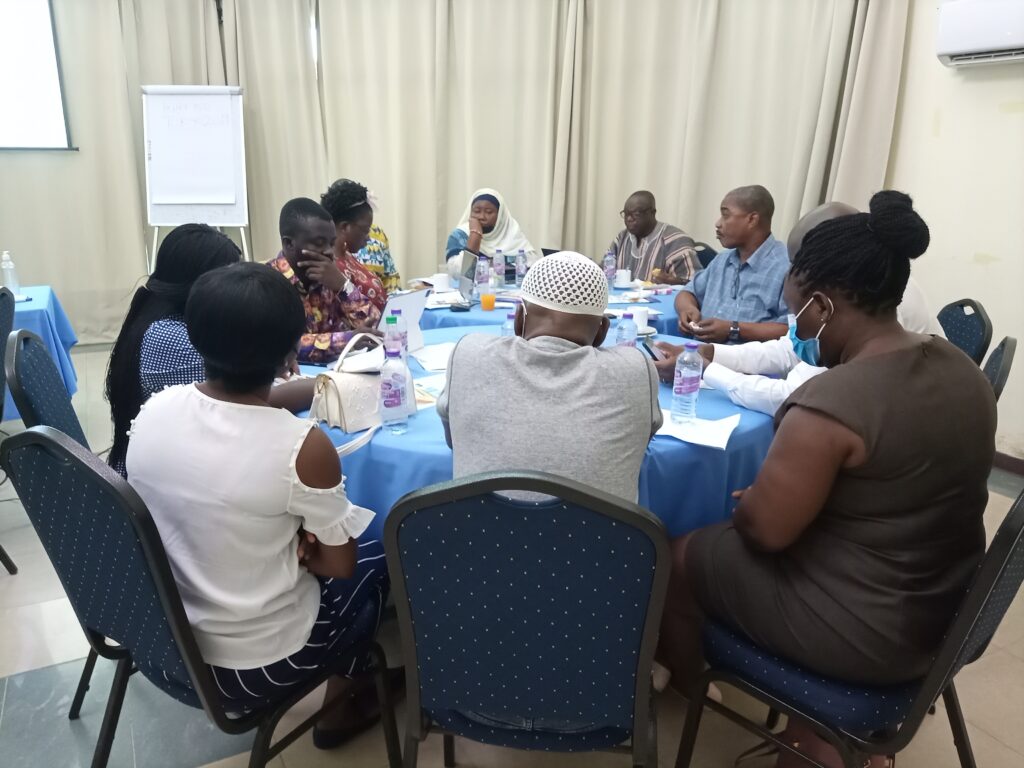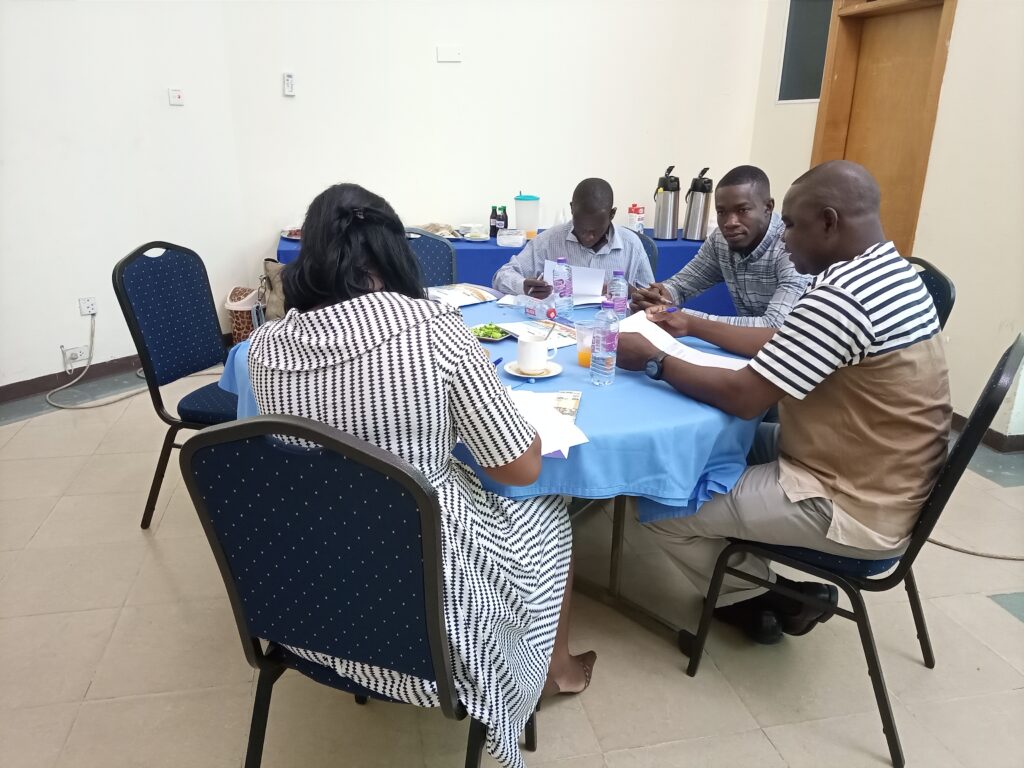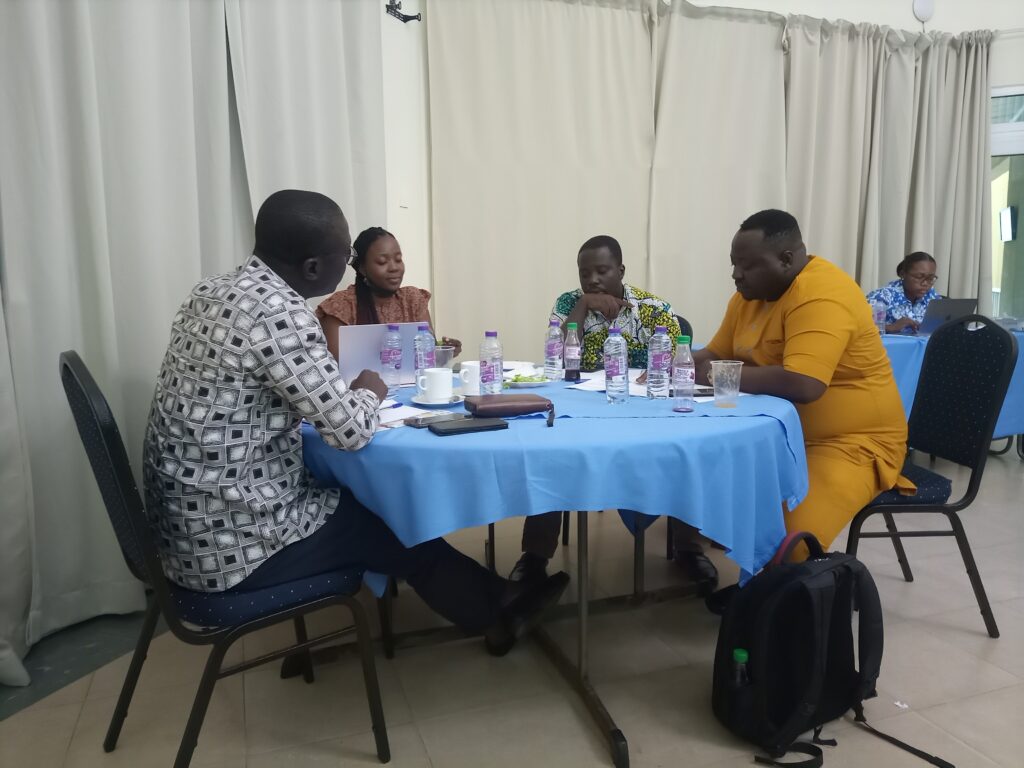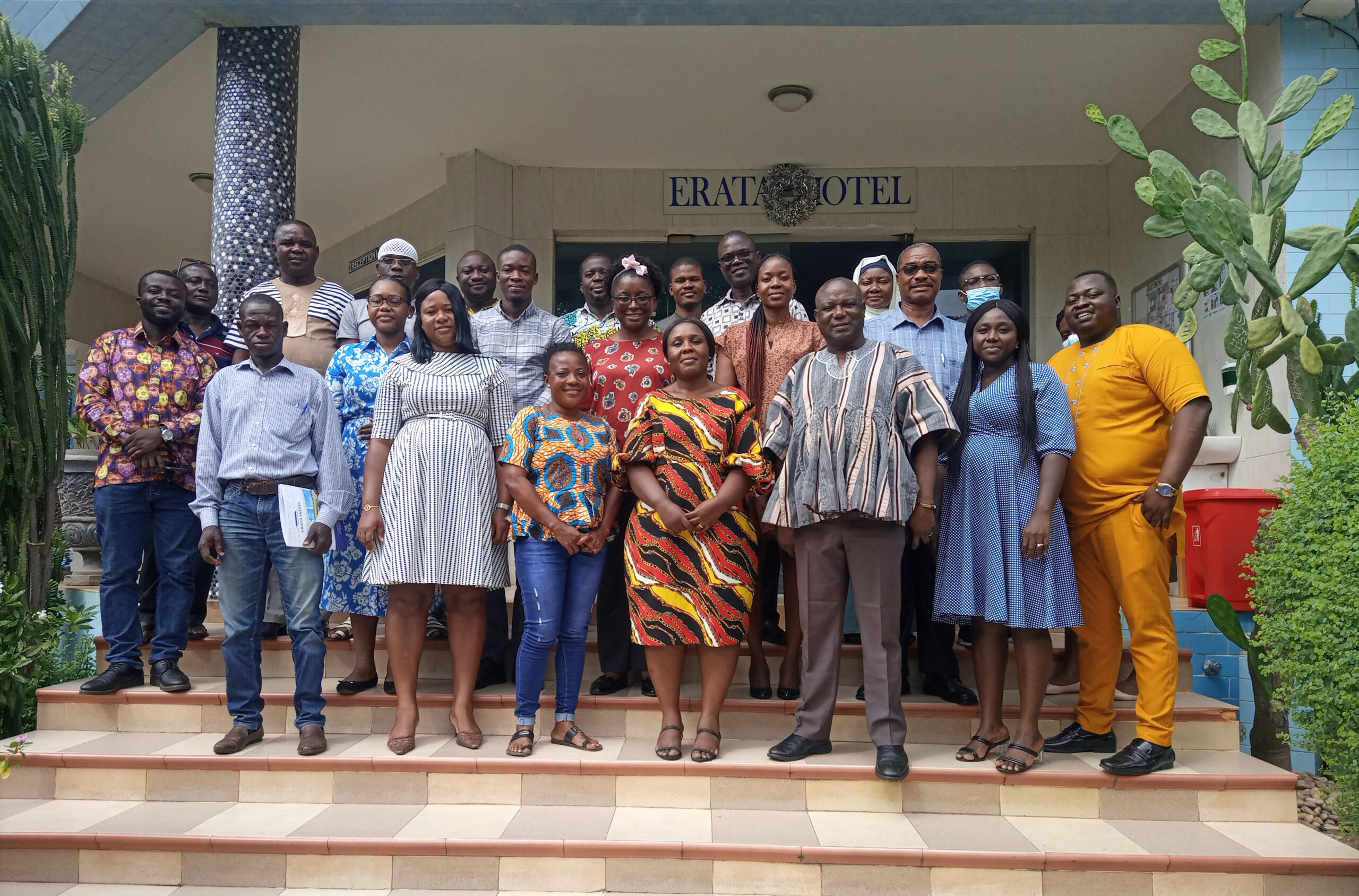By DisabilityNewsGH
Quality healthcare advocates in Ghana are accusing health managers of the country, including the Ministry of Health and the Ghana Health Service of not prioritizing mental healthcare delivery.
The Civil Society Organisations (CSOs) cite among others things, inadequate resources, including drugs and others; lack of incentives and scholarship opportunities for mental health workers, resulting in huge numbers of practitioners leaving the country, with others diverting to other areas of health, as challenges facing the mental health sector.
The situation, they say, is negatively affecting service delivery, which is automatically impacting the well-being of persons with mental health conditions in the country.
They are, therefore, appealing to the Government to increase investment in mental health, fully integrate mental health into primary healthcare and provide enough motivation for mental health workers to deliver quality service.
They are also calling for the absorption of mental health medications by the National Health Insurance Scheme and to make community-based mental healthcare functional, since it helps to reduce stigma associated with mental health conditions, and also reduces cost.
The issues were raised at a one-day country focus group consultation on the State of the Universal Health Coverage Commitments (SoUHCC) on Thursday, June 1, 2022 in Accra.

The SoUHCC review consultation brought together civil society organizations and people with lived experiences in Ghana to capture insights on progress made toward Universal Health Coverage in the country.
The consultation offered the participants the opportunity to share their perspectives and experiences to articulate the position of civil society actors and the voices of the majority of ordinary people.
Inaccessibility of health facilities to persons with disabilities, communication barrier between health workers and the hearing impaired, stigma and prejudice, financial challenge, lack of facilities to attend to patients with special needs, lack of knowledge about disability by health workers and lack of social support were also mentioned as some the challenges impeding quality healthcare delivery in the country.

They further recommended health service provisions for specific population groups such as children, the youth, women, the elderly and workers who may need psychosocial support.
The CSOs also recommended that CHIPS Compounds in areas where the populations of the people have increased over time should be upgraded and provided with the appropriate number of personnel, investment into technology to improve healthcare delivery in rural communities, as well as train health workers to be able to attend to the specific needs of persons with disabilities.

The results of the consultation will be added to the final global SoUHCC report and support broader advocacy for UHC ahead of the 2023 United Nations High-Level Meeting on UHC.
The country focus group consultation was organised by Basic Needs-Ghana and supported by WACI Health, an African regional advocacy organization, which influences political priorities through an effective, evidence-driven Pan-African civil society voice and action.
WACI Health is a champion for health, striving to ensure equitable access to healthcare for all in Africa.
SOURCE: DisabilityNewsGH.com

